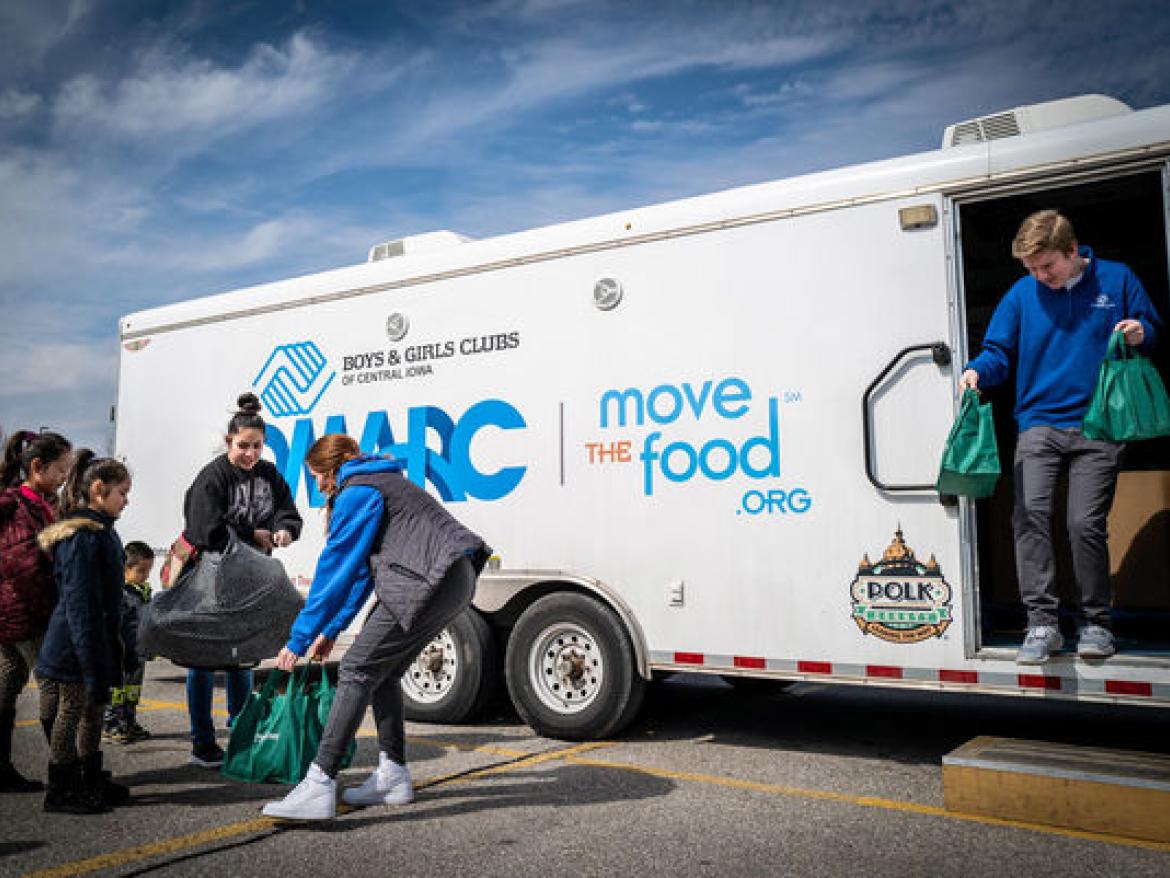By most measures, the United States is a country of wealth and abundance. Yet, for many people, the economy isn’t working.
By most measures, the United States is a country of wealth and abundance. Yet, for many people, the economy isn’t working.

Every day, people in our communities experience the frustration and indignity of struggling to pay rent and put food on the table. They are one major expense away from insolvency, even if they are working. They may technically be part of the “middle class”—and yet still are just getting by.
Others are trying to get by on even less. One of every eight people in our country lives in poverty. One and a half million households earn less than $2 per person per day—more than double the number from just two decades ago.
In the richest country in the world, everyone should be able to eat three meals a day, have a roof over their head, and have access to health care.
Black Americans are five times as likely to live in high-poverty neighborhoods as white Americans. Generations of discriminatory policy and wealth-stripping practices have left Black and Latinx households with about a sixth or a seventh of the wealth held by non-Hispanic white households. From policies that made it harder for people of color to buy homes, receive a quality education, work in certain jobs, pass down property, get a loan or start a business, the U.S. government has made it difficult for non-white people to amass wealth.
In the richest country in the world, everyone should be able to eat three meals a day, have a roof over their head, and have access to health care. Everyone should have opportunities to learn, work, and grow. A just economy is built on this foundation of stability and opportunity.
The U.S. government should pursue just policies that allow everyone in our country to reach their full potential and contribute to our society. When people are hungry and can’t get food, when they are sick and can’t receive quality care, when they need shelter but can’t afford a place to live, justice remains undone.
The federal government has a responsibility to help. Private charities and churches can’t create a national safety net alone. State and local governments don’t have the resources to ensure that everyone in the country is taken care of. The federal government’s role is critical—and if it erodes now, it will be very difficult for this country to recover.
How our government helps people in need is a measure of our nation’s character
The good news is that Congress can protect and even strengthen the federal government’s commitment to providing people a basic standard of living and a secure economic foundation for us all.
Our country’s wealth and abundance can support our communities, prevent people from falling deeper into poverty, and give everyone a foundation for opportunity. How our government helps people in need is a measure of our nation’s character, our moral grounding, and our commitment to justice for all.
Stay informed and stay active